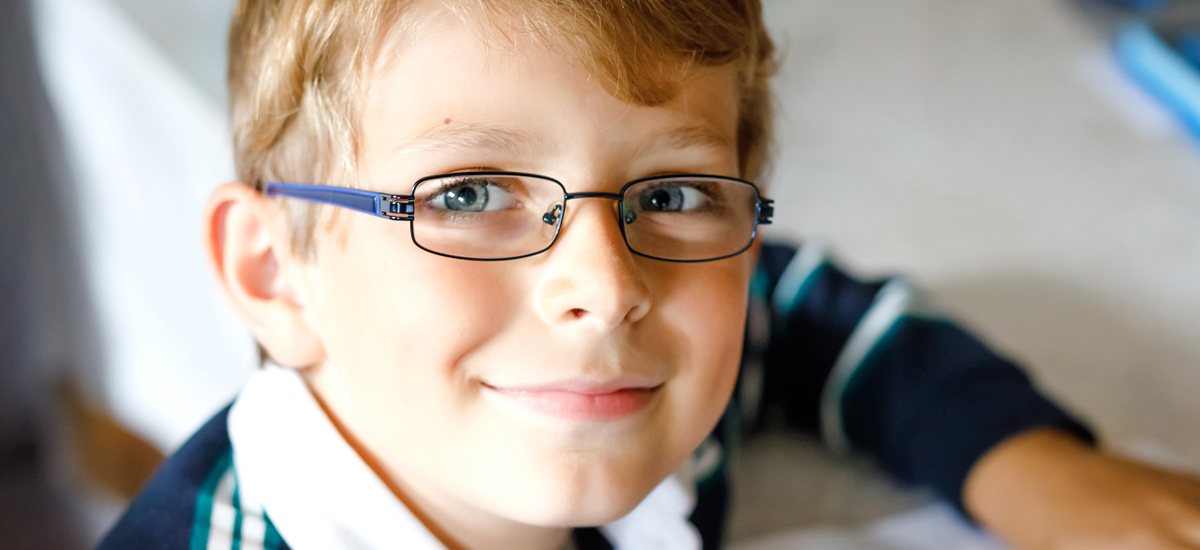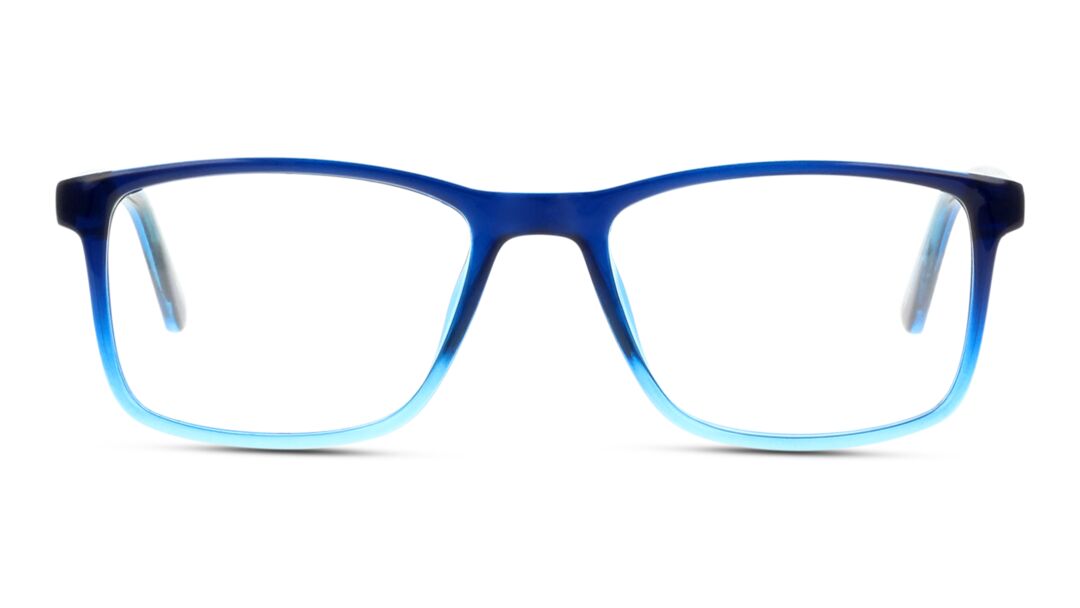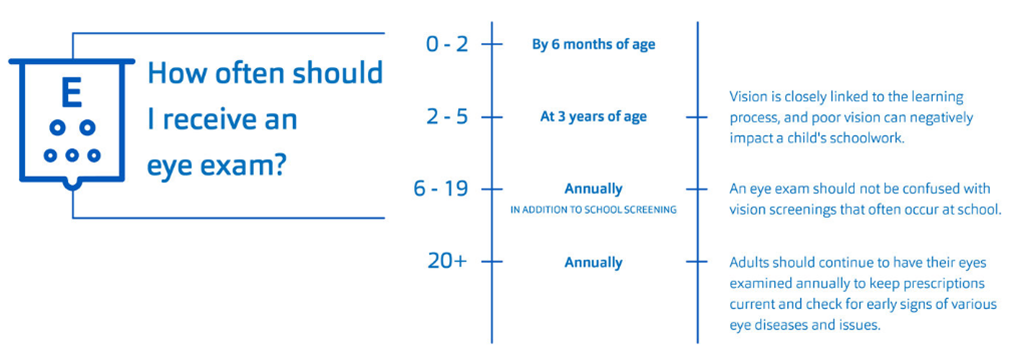Children’s eyes are only starting to develop, making regular eye examinations more important than ever. By scheduling an annual eye appointment for your kids, you can help the optometrist to keep tabs on and diagnose vision issues of all kinds (as well as monitor how they develop).
Fortunately, there’s no need to search for “places to get eye exams near you.” You can just book an appointment at your local For Eyes with a qualified Independent Doctor of Optometry. It’s truly that simple to get eyecare for your kids!











